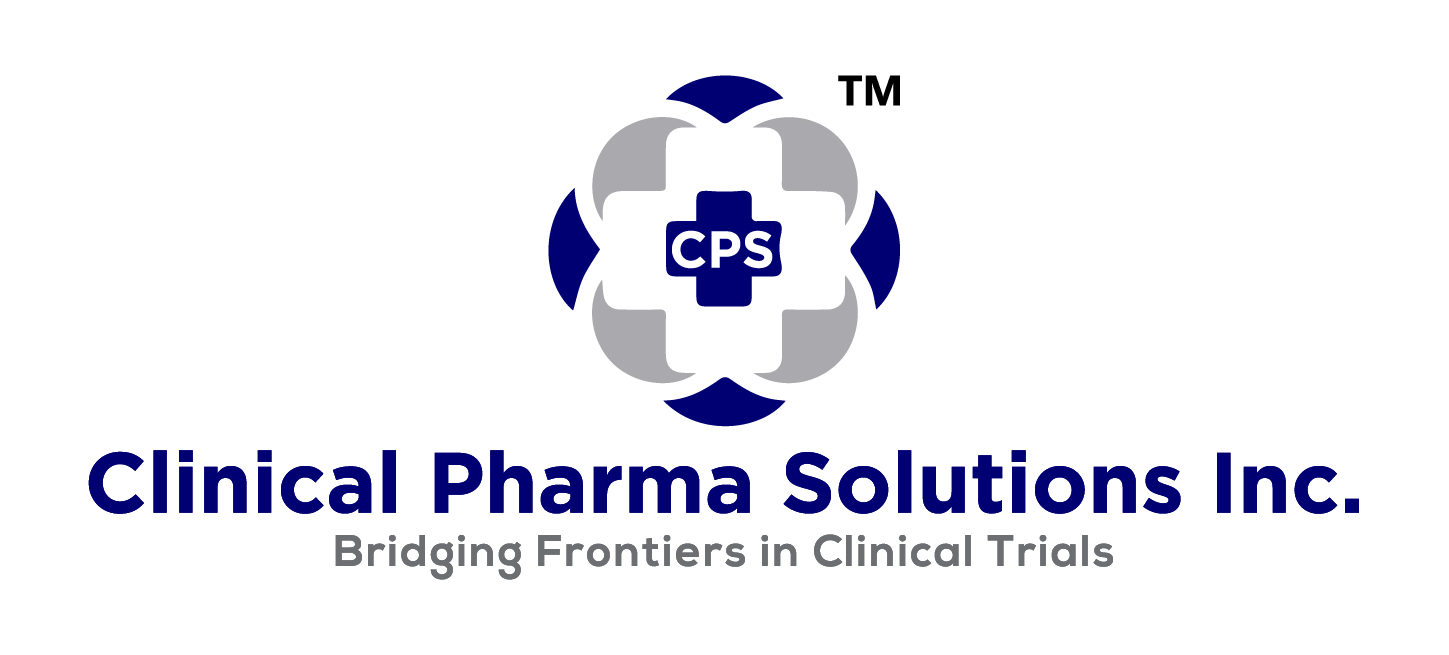
Novel Technology in the Treatment of Cancer?
Cancer disease is one of the biggest causes of death around the world. It is a complex disease, and it is essential to remember that because cancer is an umbrella term for several diseases that can affect the body in very different ways, the treatment and outcomes may differ for each type of cancer.
The current era of cancer treatment is continually changing, with new breakthroughs and discoveries rapidly altering the course of treatment. It’s crucial to figure out which therapy combination is best for you so that your cancer treatment can be done in the most effective manner.
In the United States and around the world, significant progress has been achieved in finding the correct treatment strategies to cure various types of cancer over the years. With a better understanding of the immune system, genetics, and cancer pathology, a wider choice of cancer treatments and diagnostic technologies has become available.
The development of new technologies has made it easier for medical facilities to treat patients who are battling cancer. And with the introduction of novel technologies, treating patients has become less challenging.
Types of Novel Technologies to Treat Cancer:
Over the past few years, the treatment of cancer is changing. We are moving from a time when all patients were treated the same way to when immunotherapy, targeted therapy, and precision medicine are being used to treat specific subtypes of cancer. All of these types work efficiently in treating cancer patients.
Immunotherapy:
Immunotherapy uses vaccines to boost the body’s ability to fight foreign invaders like bacteria and viruses. Or, to put it another way, immunotherapy treats the immune system rather than a disease. Immunotherapy has the potential to save millions of lives, according to different research.
Immunotherapy is a cancer treatment that relies on the patient’s own immune system to combat the disease. Immunotherapy can help the immune system discover and fight cancer cells by boosting or changing how it works. Understanding how immunotherapy works and what to expect can assist you in preparing for treatment and making wise decisions about your care if it’s part of your treatment plan.
Immunotherapy is a type of treatment that employs portions of a person’s immune system to combat diseases like cancer. This can be accomplished in a number of ways:
• Strengthening, or boosting, your immune system’s natural defenses so they work harder or smarter to detect and fight cancer cells.
• Creating compounds in the lab that are similar to immune system components and using them to aid in the restoration or improvement of your immune system’s ability to detect and kill cancer cells.
Immunotherapy has been a significant aspect of treating several cancers in recent decades. New immunotherapy treatments are being studied and authorized rapidly, as are new techniques for dealing with the immune system.
Some forms of cancer respond better to immunotherapy than others. For some malignancies, it’s used alone, but for others, it appears to function better when combined with other treatments.
Targeted Therapy:
Targeted therapy is a type of cancer treatment that employs medications specifically tailored to kill cancer cells while leaving healthy cells.
Targeted therapy uses specific vaccines to boost the body’s ability to fight foreign invaders like bacteria and viruses. In targeted therapy, drugs are also used that only target specific proteins and genes in cancer cells instead of the entire cell, like traditional chemotherapy. It uses small molecules to directly target and kill cancerous cells without harming healthy cells, making it more efficient and safer for cancer patients as they will not have to go through extreme conditions of health issues as seen previously among cancer patients.
Many different forms of cancer can be treated using targeted therapy, and it’s also possible to use it in conjunction with other cancer treatments like chemotherapy. Although targeted therapies are not yet offered for all cancers, this is a rapidly increasing field of study, and many new targeted therapies are being tested in research trials.
Precision Medicine:
Precision medicine, commonly referred to as customized medicine, is a new field of medicine that combines genomes, big data analytics, and population health.
Precision medicine is based on the premise that your ailment, such as cancer or heart disease, isn’t always the same as someone else’s. Instead, your health, the symptoms you have, and even how effectively therapies work can be influenced by the genes you inherited from your parents and your environment.
Scientists believe that if they can figure out what’s causing these variances, they’ll be able to produce more effective treatments.
Precision medicine examines how a specific gene change (gene mutation) may affect a person’s likelihood of developing specific cancer or how their genes (or genes in their cancer cells) may affect treatment if they already have cancer.
The method employs data from genetic tests to assist doctors in putting together a treatment plan that typically includes specific suggestions. Precision medicine can assist produce a more accurate diagnosis and enhance therapy in some circumstances. In other circumstances, if a person is at risk for certain cancer, it can assist them in making decisions regarding healthy habits, earlier screening tests, and other preventative measures.
Conclusion:
The future of cancer treatment is still a long way away, but what is currently known is that by harnessing the power of Novel Technologies, we can target the molecules that drive the disease and block cancer’s ability to spread and be more deadly. But yes, the future of cancer treatment is looking very promising with the development of targeted therapies,
immunotherapies, and precision medicine. These new therapies could get us closer to curing cancer and saving people’s lives. Scientists are consistently working on innovative technologies and powerful therapies as the future of cancer treatment relies on Novel Technology. Melanoma, lung cancer, and lymphoma are challenging to treat, but immunotherapy, targeted therapy, and precision medicine make them easier to heal and treat.


